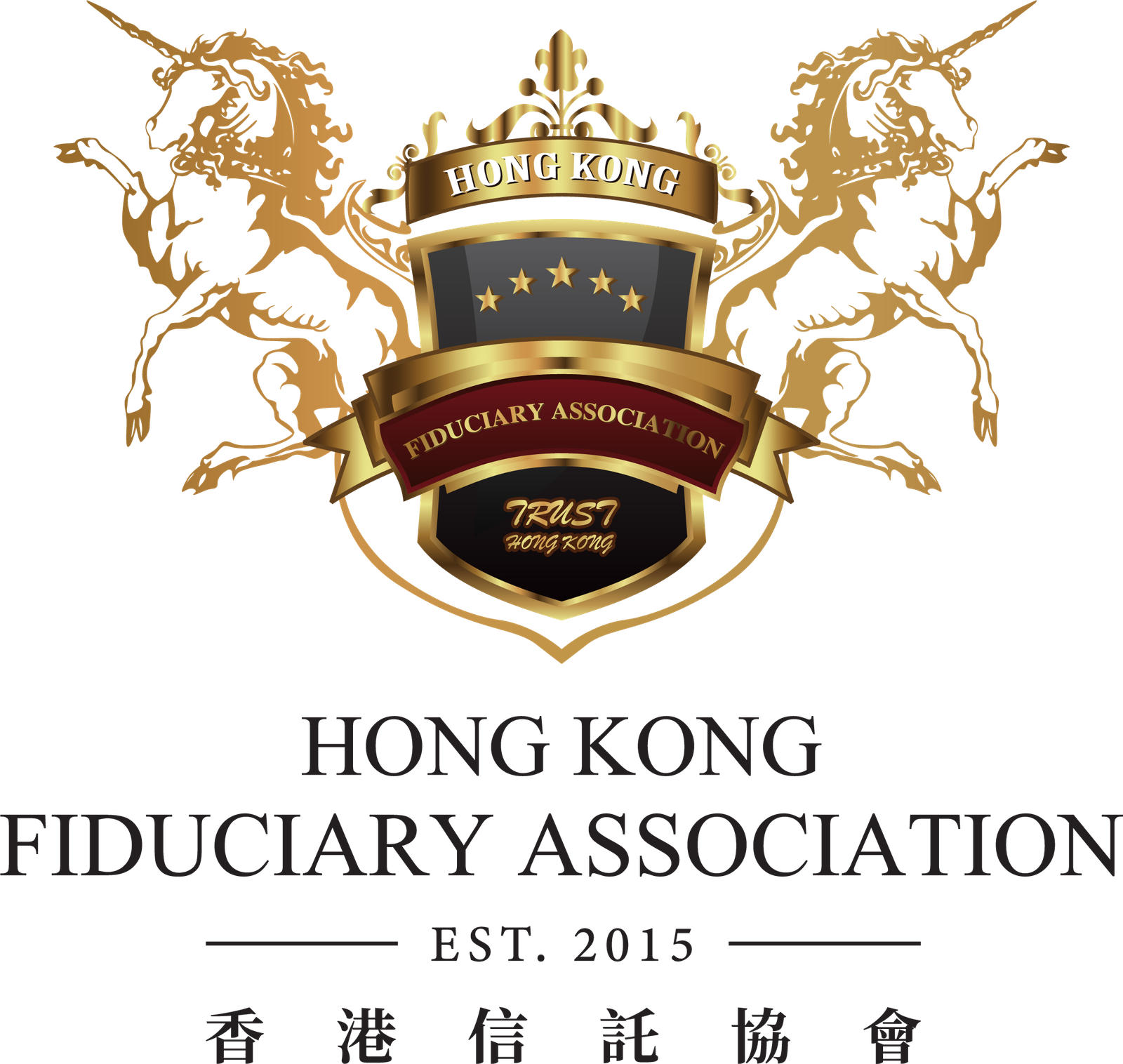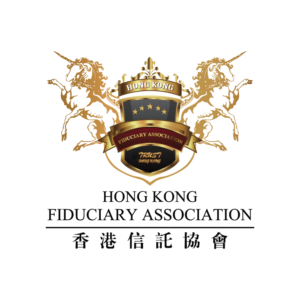Assumption 1: “Trusts Can’t Last Forever”
Many assume that trusts must dissolve after a set number of years, often 80 to 100 depending on the jurisdiction. That is no longer the case in Hong Kong. Following reforms to the Trustee Ordinance in 2013, non-charitable trusts can now last indefinitely. The jurisdiction’s updated trust law explicitly removed the perpetuity requirement for private trusts.
What this means:
Settlor families can use perpetual structures across generations, without forced asset distributions or re-establishment.
Assumption 2: “Trusts Are Inflexible Once Created”
In older jurisdictions, settlors often lose all influence once a trust is formed. In modern structures, especially in Hong Kong, reserved powers are allowed. The legal updates in 2013 confirmed settlor flexibility in investment direction, trustee appointment, and veto powers under the amended statute.
What this means:
You can give trustees discretion but still retain powers such as removing them, changing investment advisors, or blocking specific actions.
Assumption 3: “Protector Roles Are Unreliable or Undefined”
Some jurisdictions treat protector roles as informal or even challenge their legal standing. Hong Kong formally recognises protector appointments and sets out their functions under its revised framework. The Trust Law (Amendment) Bill 2013 clearly provides for a protector’s ability to supervise or intervene in major trust decisions.
What this means:
You can appoint someone you trust to act as a counterweight to the trustee with legal recognition, not just informal influence.
Assumption 4: “Trust Law Reform Is Slow or Cosmetic”
While many offshore centres remain static, Hong Kong took the lead with its 2013 reforms and continues to update its legal tools in response to global needs. The shift was not symbolic but functional — expanding trustee powers, clarifying duties, and making provisions for new asset classes and cross-border considerations.
What this means:
Hong Kong is not resting on tradition. It is legislating for modern families, cross-border investors, and evolving wealth strategies.
Assumption 5: “Trusts Aren’t Useful in Regulated, Transparent Systems”
Some believe that trusts only belong in opaque tax havens. But Hong Kong combines strong compliance oversight with practical confidentiality. There is no public trust register, yet all trustee service providers must be licensed under the TCSP regime. Its legal infrastructure now provides robust asset protection without relying on secrecy.
What this means:
Clients benefit from regulation and professionalism without exposing private wealth records or undermining privacy.
Jurisdictional Outlook
This legislative flexibility, combined with common law consistency and regulatory credibility, positions Hong Kong as a practical jurisdiction for families and advisors managing complex, cross-border trust structures.

 Chinese (Simplified)
Chinese (Simplified)




